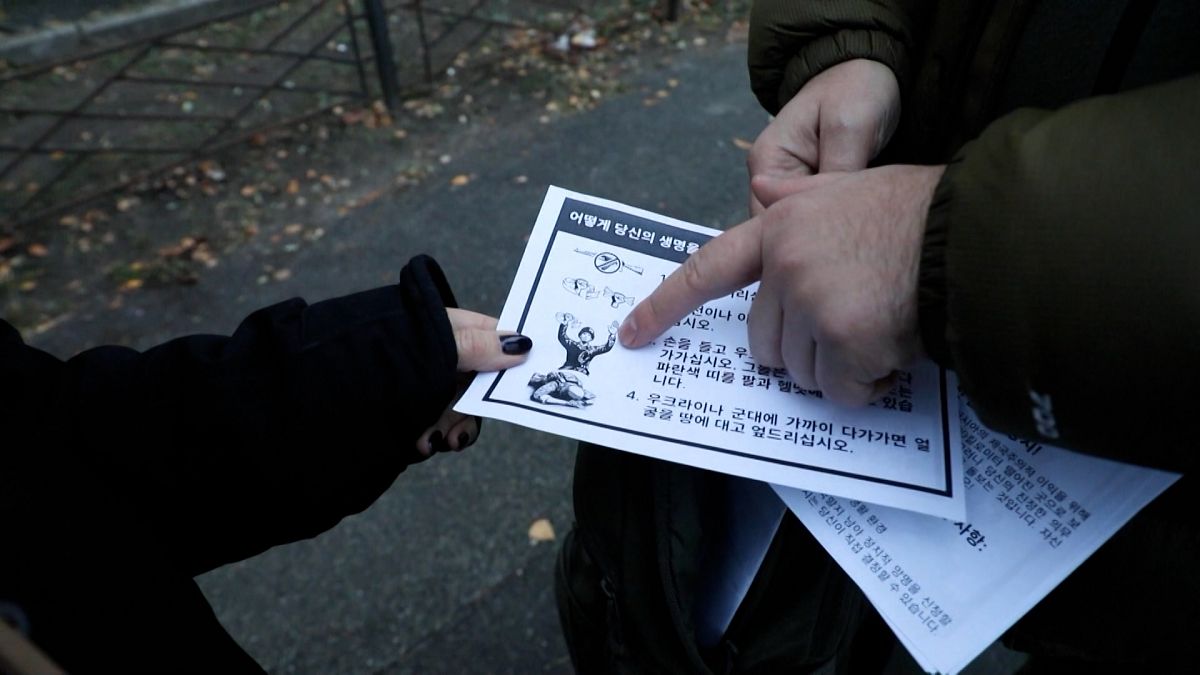Thierry Henry urges France to act as violent clashes rock Martinique
"Lower the prices because people can't survive on what they earn," said football legend as crisis grips French Caribbean island.
Thierry Henry is better known for his football punditry than for political commentary. But on Wednesday night he spoke out about a growing crisis close to home.
The former Arsenal and France national team striker urged the French government to take action to combat a cost-of-living crisis that has escalated into a violent uprising on the French Caribbean island of Martinique.
Martinique has been grappling with protests in response to the soaring prices of everyday goods. The unrest, which has included the use of firearms and arson, has killed four people and caused significant material damage over the last few weeks.
“Life is expensive in Martinique and Guadeloupe,” Henry said on CBS, where he works as a football pundit. “I want to send a message of support. Please, enough is enough … Lower the prices because people can’t survive on what they earn,” he added, before delivering a message in Creole.
Henry, who coached the silver-medalist French Olympic football squad this summer in Paris, was born and raised near the French capital, but his mother is from Martinique and his father hails from the nearby archipelago of Guadeloupe.
According to a 2022 study by the French statistics office, food prices in Martinique are 40 percent more expensive than in mainland France, while a 2021 study found that the median income in Martinique is more than a third lower than in mainland France.
The French government sent additional police units and imposed a curfew earlier this month as tensions rose.
Last week, the state signed a protocol with private sector representatives aimed at cutting the price of the most-consumed goods in Martinique by 20 percent, but protests are showing no signs of slowing down.
Martinique and Guadeloupe were colonized by France in the 17th century, and both territories became integral to the French transatlantic slave trade, with plantations heavily reliant on enslaved African labor.
They remained French colonies until 1946, when they were granted the status of French overseas departments and included into the French administration.
What's Your Reaction?


















































